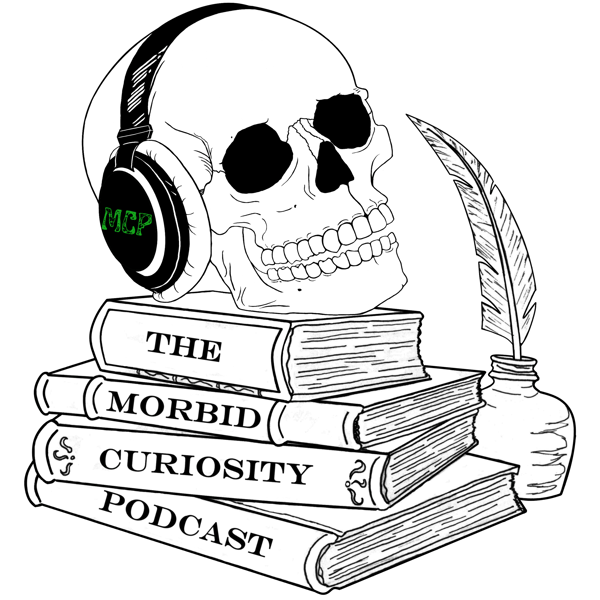Hysteria, Part 2
The Morbid Curiosity Podcast
Hallie Lloyd
4.8 • 634 Ratings
🗓️ 6 May 2019
⏱️ 39 minutes
🧾️ Download transcript
Summary
Transcript
Click on a timestamp to play from that location
| 0:00.0 | This episode was suggested by several listeners, Kevin J. and Susan P. from Patreon, Harlan's Emporium, and Undetter Than Thou from Instagram, Heather B on Twitter, and many more. |
| 0:13.1 | This episode contains discussions of the reproductive system, sex, sexual abuse, masturbation, and misogyny. |
| 0:21.1 | If these subjects aren't things you want to hear about, you may want to skip this episode. |
| 0:26.0 | Also, the themes touched upon in this episode are complex. |
| 0:29.9 | Elements that might not have been contentious then are now. |
| 0:33.8 | Therefore, discussing them and forming conclusions involves a level of objectivity, which can be |
| 0:39.6 | hard to achieve from a modern perspective. Please keep these difficulties in mind. |
| 1:02.0 | Humans are fascinated by gore and violence, but even more so the mysterious and unsolved. |
| 1:07.5 | Interest in these disturbing and unpleasant subjects is called morbid curiosity, |
| 1:10.8 | and it has gripped hundreds of people throughout the ages. I am one of those people. |
| 1:13.8 | My name is Hallie and this is the morbid curiosity podcast. Last time on the MCP, we discussed the supposed origins of hysteria in ancient Greek medicine and revealed that though this origin story is widely believed to be true, it's not. |
| 1:50.0 | It's more likely the medical historians of the 17th through 20th century searched the ancient Greek texts, |
| 1:57.0 | found the word hysteria, meaning womb,ica meaning of the womb and due to the |
| 2:04.1 | similarity of the word assumed it meant the same thing. They also interpreted several phrases |
| 2:10.2 | such as customary remedies and anointing the genitals to mean masturbation. It was in this way that the so-called disease and the treatment that is said to have become |
| 2:21.5 | traditional were legitimized later. |
| 2:24.1 | However, we'll get to that later in this episode. |
| 2:27.7 | Early Greek physicians believed most of the diseases of women stemmed from the uterus |
| 2:32.6 | or womb. |
| 2:34.0 | Some thought the womb wandered throughout the body, suffocating the other organs. of the diseases of women stemmed from the uterus or womb. |
| 2:34.3 | Some thought the womb wandered throughout the body, suffocating the other organs, while others |
| 2:39.5 | thought the retention of fluids in the womb, namely female seed, which is likely an incorrect |
... |
Please login to see the full transcript.
Disclaimer: The podcast and artwork embedded on this page are from Hallie Lloyd, and are the property of its owner and not affiliated with or endorsed by Tapesearch.
Generated transcripts are the property of Hallie Lloyd and are distributed freely under the Fair Use doctrine. Transcripts generated by Tapesearch are not guaranteed to be accurate.
Copyright © Tapesearch 2025.

